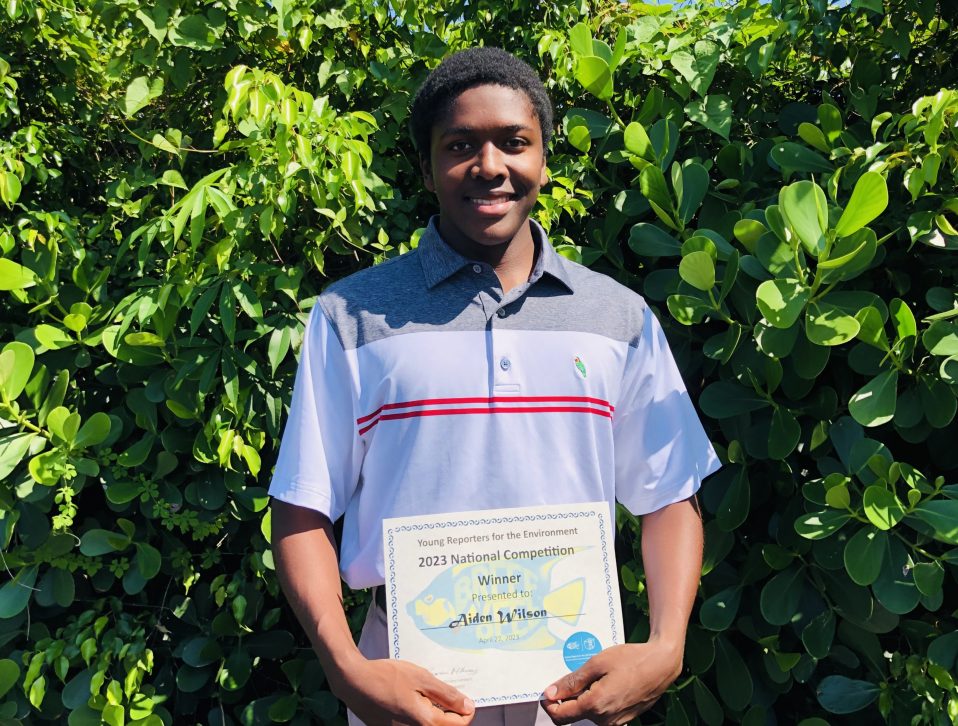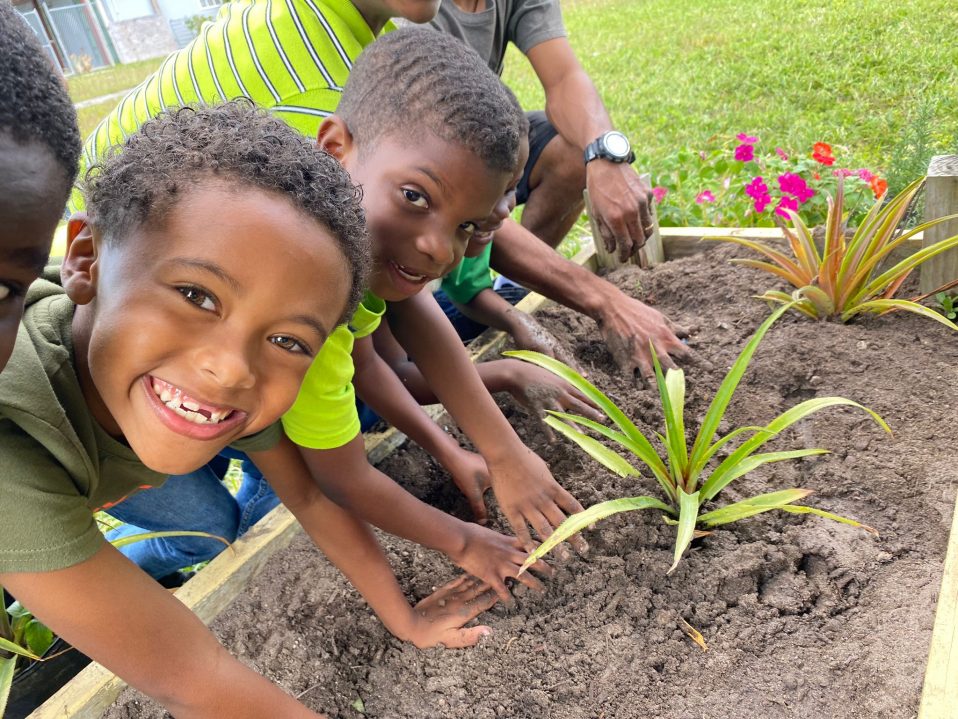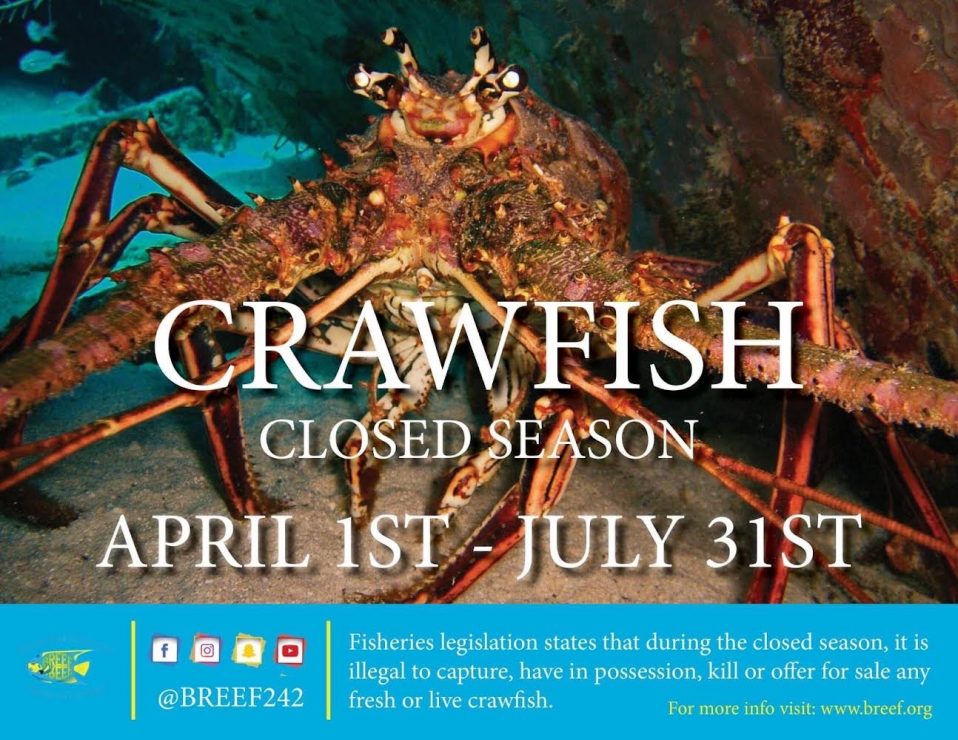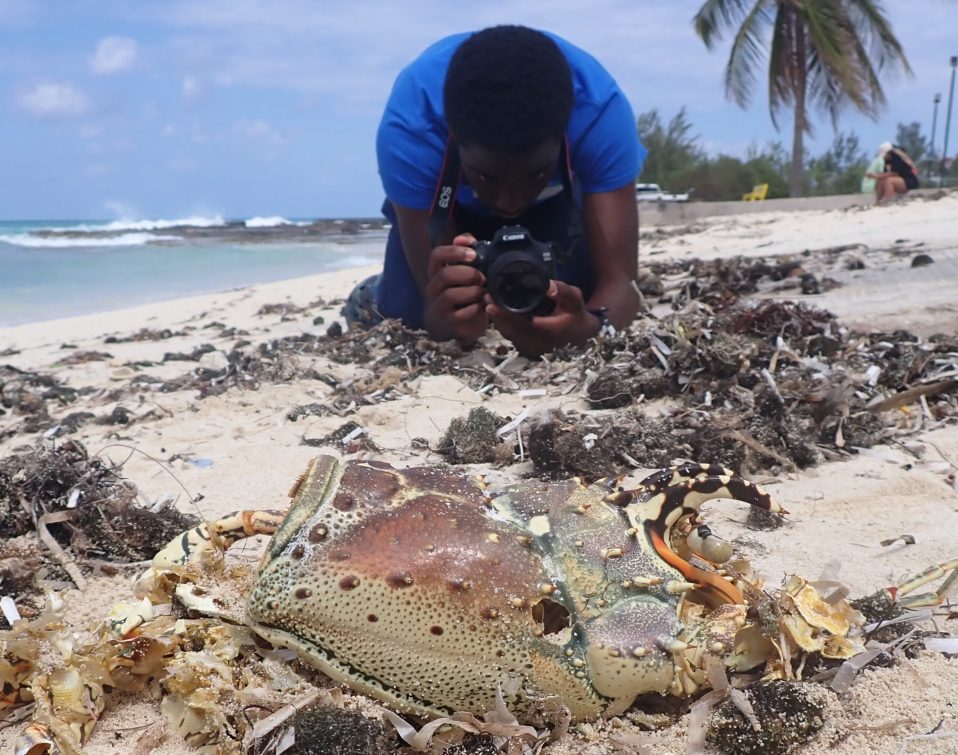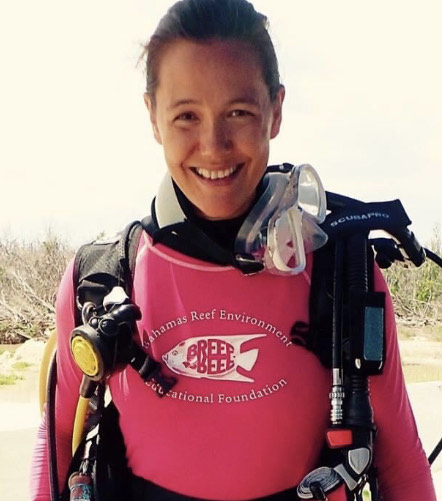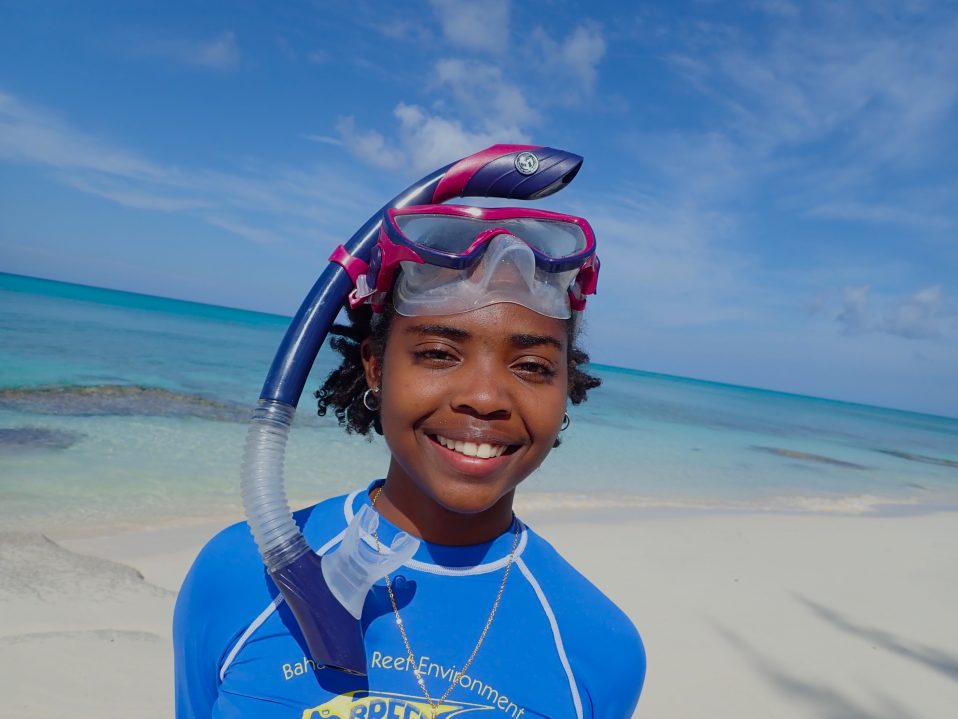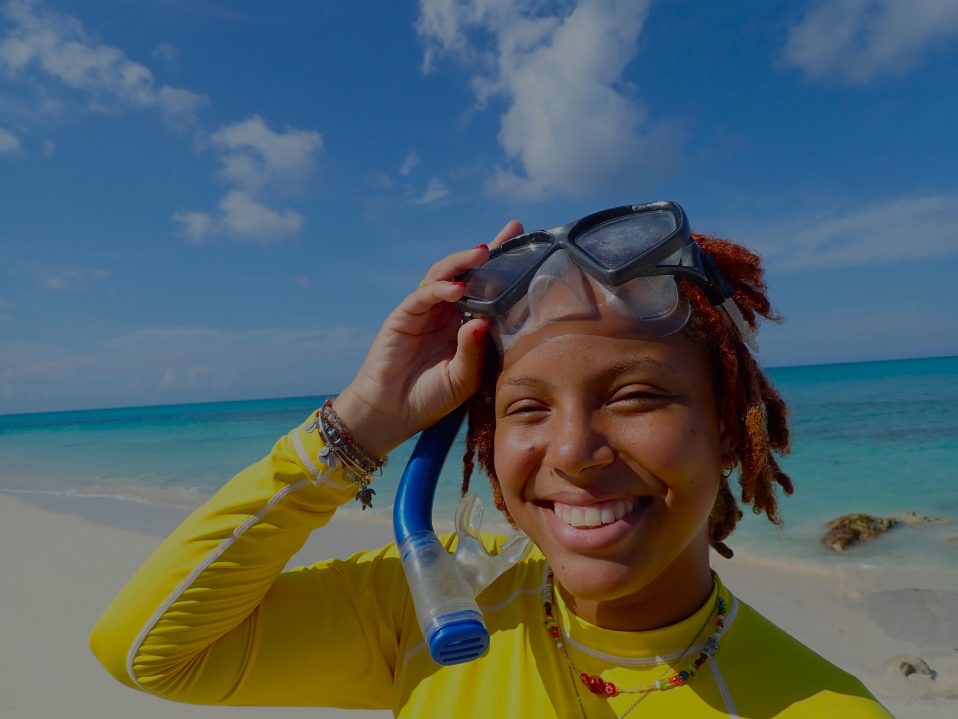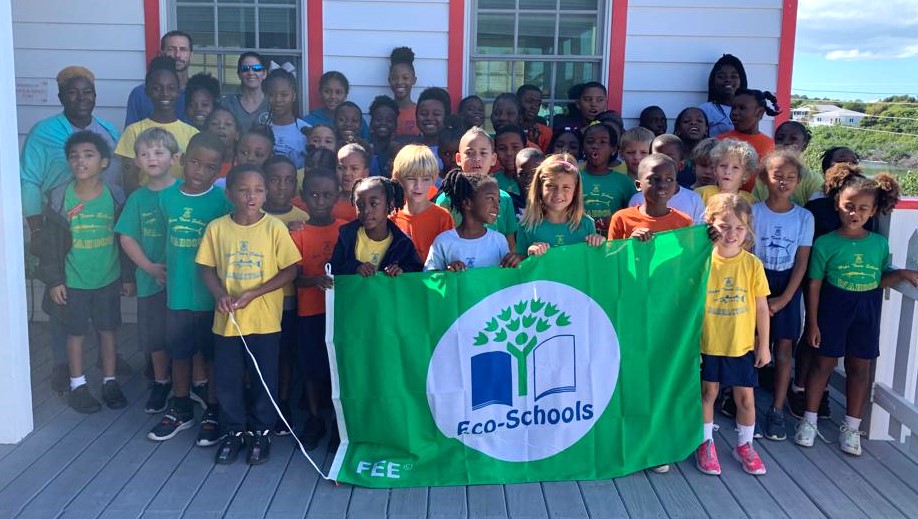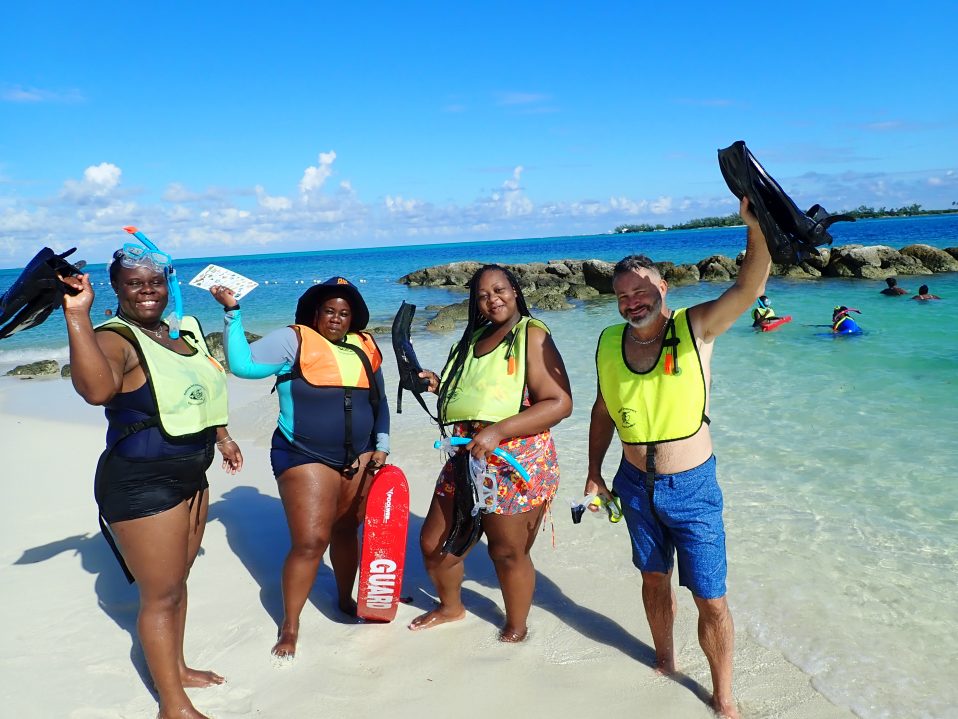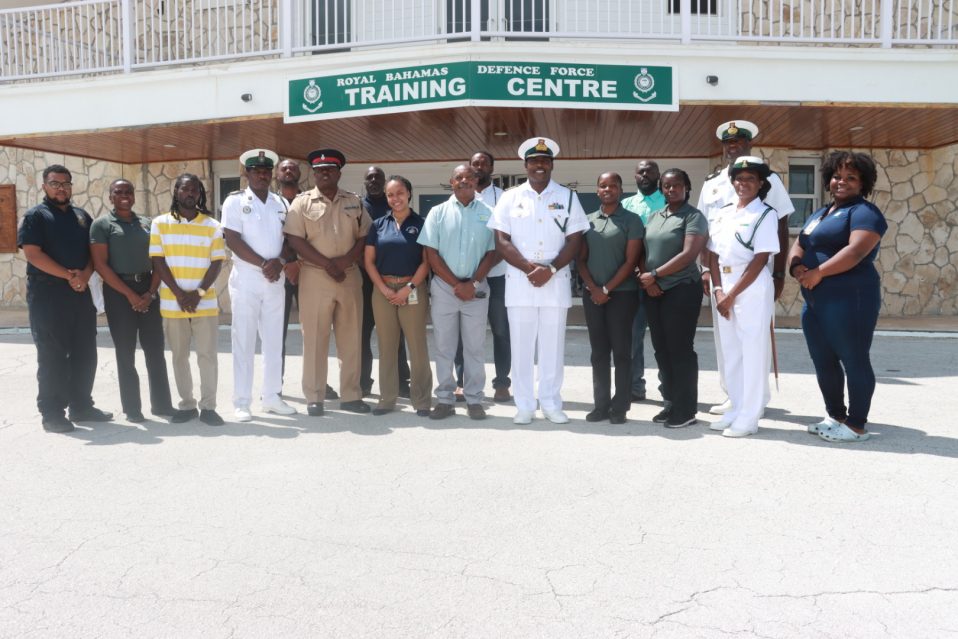-By Aiden Wilson-

-5-minute read-
Marine pollution is a perpetual problem in the Commonwealth of the Bahamas, and as the years trickle on, this predicament is only getting worse. To put our feet down and quell the effects of pollution means that we will have to stop many facets. These include global warming, marine traffic, and oil spills. All of these factors are directly caused by anthropogenic impacts.
The Bahamas is a country that is heavily dependent on its marine environments, it is imperative that we keep them as pristine as possible. If we were to completely disregard our natural resources in the sea, then that would advertently be the driving catalyst behind the deposition of the country. Thousands of people’s careers would cease to exist including fishermen, marine biologists, and anyone who uses the sea as a means of making a living. Additionally, The Bahamas’ dominant industry tourism, accounting for 51% of its GDP, would also suffer gravely if its main selling point, our reefs, and water were to be polluted.
The problem of marine pollution is caused and enhanced by humanity’s decisions, and will only get worse without proper education for all individuals.
PHOTOGRAPH BY AIDEN WILSON MY SHOT
“Photo of plastic in and around the Coral Harbour Canals shows the lack of respect people have for the environment.”
While out taking photos, there was trash strewn everywhere across the canals. It appears that these less frequented areas of Nassau have become a dumping ground for people who don’t want to take their trash to the dump. If we want to make any significant change for future generations, we need to teach future generations how to dispose of garbage. This has a major effect on fauna and flora life in The Bahamas. As shown in the picture above, this trash has accumulated on a mangrove. Mangrove forests are some of the most important and productive biomes on Earth. “These forests, at the land-sea interface, provide food, breeding grounds, and nursery sites for a variety of terrestrial and marine organisms, including many commercial species and juvenile reef fish.” (1) With plastics and other marine debris framing mangroves like this, terrestrial and marine species will be less inclined to use mangroves and possibly become trapped, decreasing fish biomass and suffocating mangroves.
Secondly, chemical pollution is also a big factor. Personally, I think that Chemical pollution is much worse and can affect a larger area than physical pollution like trash.
PHOTOGRAPH BY TJ THOMPSON MY MOTHER
“Photo of an oil spill by the Nassau Cruise Port possibly originating from a cruise ship.”
Chemical pollution like the oil slick in the picture above can have devastating impacts on marine life, coral reefs, and even humans. Oil can go into a fish’s organs and render it inedible, and if someone were to consume it then they would get oil poisoning. “Oil poisoning has a myriad of symptoms such as seizures, difficulty breathing, and throat swelling.” (2) Additionally, oil spills can envelop coral reef systems and other marine plants like seaweed and seagrass. This has a devastating impact on the Bahamas because an oil spill can’t just be cleaned overnight. Even though on this occasion it wasn’t a large oil spill, the effects of this specific oil spill could be felt across our island for years to come.
Finally, neglect is another large part of pollution, especially infrastructure. When infrastructure is badly damaged or scraped, the remnants of the building pose a massive threat to marine life as well, indirectly causing harm.

PHOTOGRAPH BY AIDEN WILSON MY SHOT
“Photo of the old Stuart Cove Location, plenty of marine debris was in the water.”
Marine debris that is caused by neglect is a large problem in the Bahamas. A lot of infrastructure built by or on the sea poses a threat like the other two that were mentioned above. Chemical pollution can leak into the water and physical pollution can blow or fall into the water. Eventually, this structure is going to collapse, filling the entire canal with sharp metal and rotting wood, further polluting the already polluted canal.
In conclusion, marine pollution is extremely detrimental not only to the Bahamas but to the entire world as well. However in a country where looking your absolute best is a priority, one that caters to tourists, it is imperative that we keep our island clean and pristine. From a tourist’s point of view, an oil spill is an unpleasant sight. Who wants to see that on their vacation? For a country that prides itself on the cleanliness of its waters, we as Bahamians need to step forward and acknowledge that our country is quite dirty. By facing the problem directly we can educate future generations on the dangers of pollution and protect marine environments for marine flora and fauna to flourish.
Bibliography
- Carugati, L., Gatto, B., Rastelli, E., Lo Martire, M., Coral, C., Greco, S., & Danovaro, R. (2018). Impact of mangrove forests degradation on biodiversity and ecosystem functioning. Scientific Reports, 8(1),
- govesponse.restoration.noaa.gov


